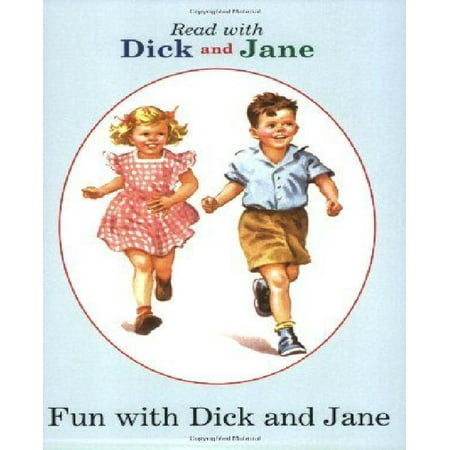George Orwell claimed that his only real talent was the ability to look truth straight in the eye, and speak it.
This is the secret of all the arts. Great artists are simply truth tellers; prophets. Most people, as Churchill observed, if they encounter truth, will pick themselves up and dust themselves off as though nothing has happened.
Because I have made a bit of a splash with my poetry lately, someone was writing my bio for publication. In a print interview, I offered them a variety of details about my life.
It did not matter. They ignored what I had written, and substituted stereotypes. I told them that my father was an engineer, and my mother had been raised on a farm. From this, they got “Both parents grew up on Canadian farms and brought a stoicism to child rearing that didn’t mesh well with Stephen’s innately empathic, sensitive nature.”
The author, a certifiably highly intelligent woman with literary interests, was superimposing on me the American Gothic stereotype of the farmer as salt of the earth, but rigid in his views, together with the nineteenth-century romantic idea of the poet as a fragile, sensitive soul.
What I actually said had contradicted this. It did not matter. The stereotype must be substituted for the reality.
She also of course pegged me in passing as “an avid reader.” Yawn. True, as it happens, and a reasonable inference, but a cliché. Hardly worth saying, for it does not inform the reader.
Then she wrote “Stephen hopes to inspire others who might feel as alone and misunderstood as he did growing up.” The standard stereotype of the poet speaking “his truth,” “finding his voice.” It sounds like something deliberately bland said by a Miss Universe contestant. And not from me; if it is at least somewhat true, I would never say it. It is no excuse for poetry.
I had told her in the interview that I had lived and worked in half a dozen countries, married a ghost, befriended a Korean princess, witnessed miracles, and had at least three near-death experiences. All of this she left out. She even omitted the name of my home town, Gananoque, in favour of simply saying I “grew up in Ontario.” Anything that might be interesting to a reader, or identify me as a real human being, was avoided.
What is going on here?
And it is not just this author. In my career as a student and a teacher, I am always infuriated at how unnecessarily bland, dull, and stereotyped the material in textbooks always is. Whenever I try to change this in our materials, and run it by a colleague for vetting, they always strike out anything interesting, generally without explanation. Remember the old “Dick and Jane” readers? The blandness is deliberate. It is not due to mere incompetence, inability to do better. Most people are terrified of departing from stereotypes.
As a teacher, I find most students too rely on stereotype and cliché when they write. Not doing so is the dividing line between those who can write and those who cannot.
Most of those who pose as artists, even at the professional level, also deal relentlessly in stereotype and cliché. Most poems and paintings of any age look drearily alike. We can predict what they will be before seeing them. There is no reason for such art, as it is only saying things we already think.
The few who break away shine like diamonds.
Most people are insane. They are intentionally insane; it is a moral choice. They do not want to see reality. Only the small minority of those who consider themselves artists who really are artists are sane; and their core readership. It is a minority within a minority.
Why would anyone choose to be insane? For one reason: the truth would not speak well of them. They have a guilty conscience.
Further, people are driven to delusion, to cling to stereotypes and clichés, because they are afraid of truth. Those who are afraid of truth are afraid because they have a guilty conscience.
“Light has come into the world, but people loved darkness instead of light because their deeds were evil. Everyone who does evil hates the light, and will not come into the light for fear that their deeds will be exposed.” John 3: 19-20.
Aside from being the only ones who tell the truth, artists and poets are the only moral people among us.
By their fruits, as Jesus said, you shall know them.
Those who have eyes to see, see, and ears to hear, hear.













No comments:
Post a Comment